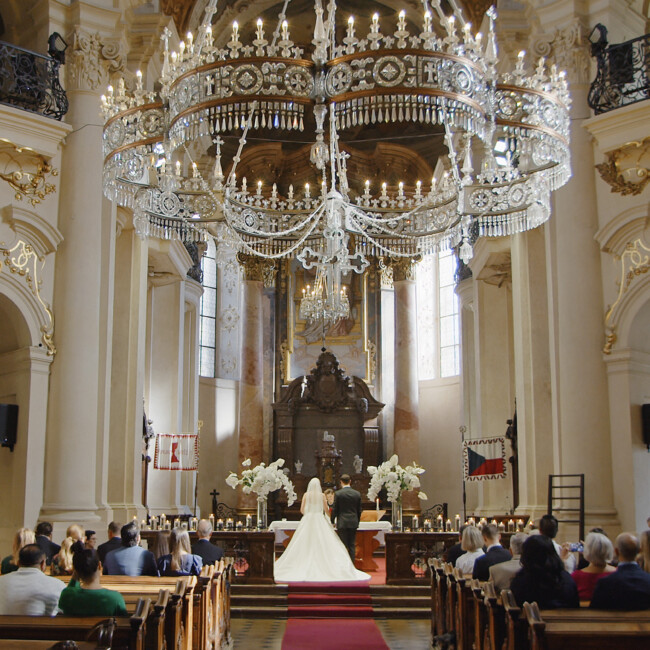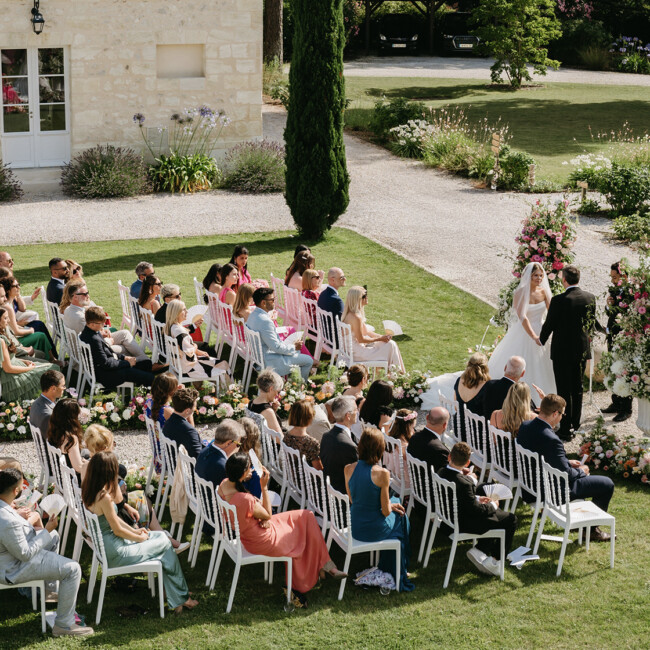The definition of a Destination Wedding – A destination wedding is any wedding in which the engaged couple and/or a majority of their guests travel to attend the ceremony. Whether this happens for an intimate beach ceremony in the Caribbean, extravagant nuptials in Las Vegas or for a simple ceremony in someone’s back garden, chances are it qualifies as a destination wedding.
The Destination Itself
Check that if the wedding is in a hotel or resort that resort guests are not wandering by in their swimwear. Also ensure that weddings are not, what I would call, conveyor belt style, no bride wants to see another Bride on her special day! Also ensure if you are having an outdoor wedding, should the weather change there is an alternative venue you can use.
The destinations should be a place that everyone would love to spend a week or two, a place that offers enough attractions and fun for both the wedding couple and guests. Research thoroughly, and if you are using a specialist wedding planner use their local knowledge. A registry office in England is not the same as a Registry Office in Italy.
Help
By choosing a specialist destination wedding planner you can be sure they are dedicated to the coordination and planning of Weddings only. They offer exclusive and affordable wedding services with professionalism, commitment and expertise.
They are usually a more affordable option than a tour operator or travel agent, as no commissions are paid to third parties. Prices will be competitive as they have built up relationships over the years directly with the suppliers, For example we have relationships with international suppliers and wedding planners in countries such as Australia, Thailand, Greece, Italy and more so we can offer brides a good source of local knowledge. We have also negotiated discounts with luxury resorts and hotels, overseas planners, and other wedding venues, therefore are able to pass these savings directly to the bride and groom
When
Think about the time of year you want to get married as this may affect your choice of destination. Research the local climate and make sure you avoid cyclones or the rainy season. Check out if there are any festivals or if it is high season, before you book, this will determine cost and availability of venues and accommodation. Try to plan ahead as some locations require at least three months notice to plan your wedding and get the required paperwork in order.
Legalities
Get together all of the required documentation as soon as you have decided where and when to get married. This should include originals of Birth Certificates (usually the full version), Decree Absolute’s and Death Certificates if applicable. Your wedding planner will usually require these once the wedding has been booked and confirmed, sometimes photocopies are only needed upon booking, however, the originals will be necessary in your wedding destination. In most cases, you’ll receive your marriage certificate after the ceremony. It is important that you check every detail of this carefully. Where your certificate is not ready prior to departure, your wedding planner will send it on to your home address. In some countries this can take up to four months.
Budget
The whole wedding is dependant upon your budget; first, create a budget for what you think allows for an ideal, yet reasonable, destination wedding. Highlight those expenses which are top priorities. For example, the location may be the most important element for you. Or, perhaps the dress or dining is more important than the location. Whatever your preference is you need to budget for it.
Accommodation
Decide if you want to stay in the same hotel as your guests, remember this is your honeymoon! Compile a list of recommended hotels for your guests and decide if they should book themselves or if you or your wedding planner, are going to book the rooms on behalf of everyone.
Keep in mind when budgeting for your wedding to keep the costs reasonable for the guests, as lovely as it may be don’t choose a location that is going to cost a few thousand for the weekend, unless you know all of your guests can afford it. There is no rule of etiquette that requires the couple to pay for guests travel and accommodation expenses, however, it is certainly hospitable of you, and a real treat for your guests, if you can cover some of their costs.
Save the date cards
With a destination wedding, save-the-date cards are crucial. Send them off as early as possible, preferably at least eight months in advance. These are cards sent out well before your wedding invitations in order to inform guests of the upcoming wedding date and, in most instances, the location. Save the date cards are essential especially if you have friends and family that will be making a long trip to attend, or you have chosen a destination where travel and accommodation arrangements require confirmation well in advance.
Local traditions
Talk to your wedding planner or research suggestions that can help personalise your wedding and incorporate local traditions or customs, which will make your wedding even more memorable. For example in Italy many of our couples have chosen to have traditional Italian wedding cake, vanilla sponge filled with Bavarian cream as their dessert. At Caribbean island weddings it is not usual to have a best man; often either the Bride’s father or both of her parents accompany the Bride down the aisle. Why not use local gifts as favours for your wedding; these can be a topical reminder to your guests of your wedding.
Keep everyone in the loop
A wedding website is the perfect way to keep your guests informed of travel and accommodation options, wedding details, dress codes and schedules. You can also include information such as expected weather plus links to amenities and attractions in the area.
If you want everyone to meet for lunchtime cocktails the day before the wedding or a traditional rehearsal dinner the evening before, then inform all of your guests online. Keep information current, and e-mail your guests each time you make significant changes. After the wedding you can utilise the site to upload photographs and videos, so friends and family at home, unable to make the big day can feel part of it!
Arrival
Plan to arrive at your wedding destination a few days prior to the actual wedding to avoid any last minute glitches. Often there is paperwork and appointments to attend to, meet with you wedding planner on site, this will ensure you iron out all the fine detail, best of all you can relax and enjoy your dream destination wedding!
Source: link





